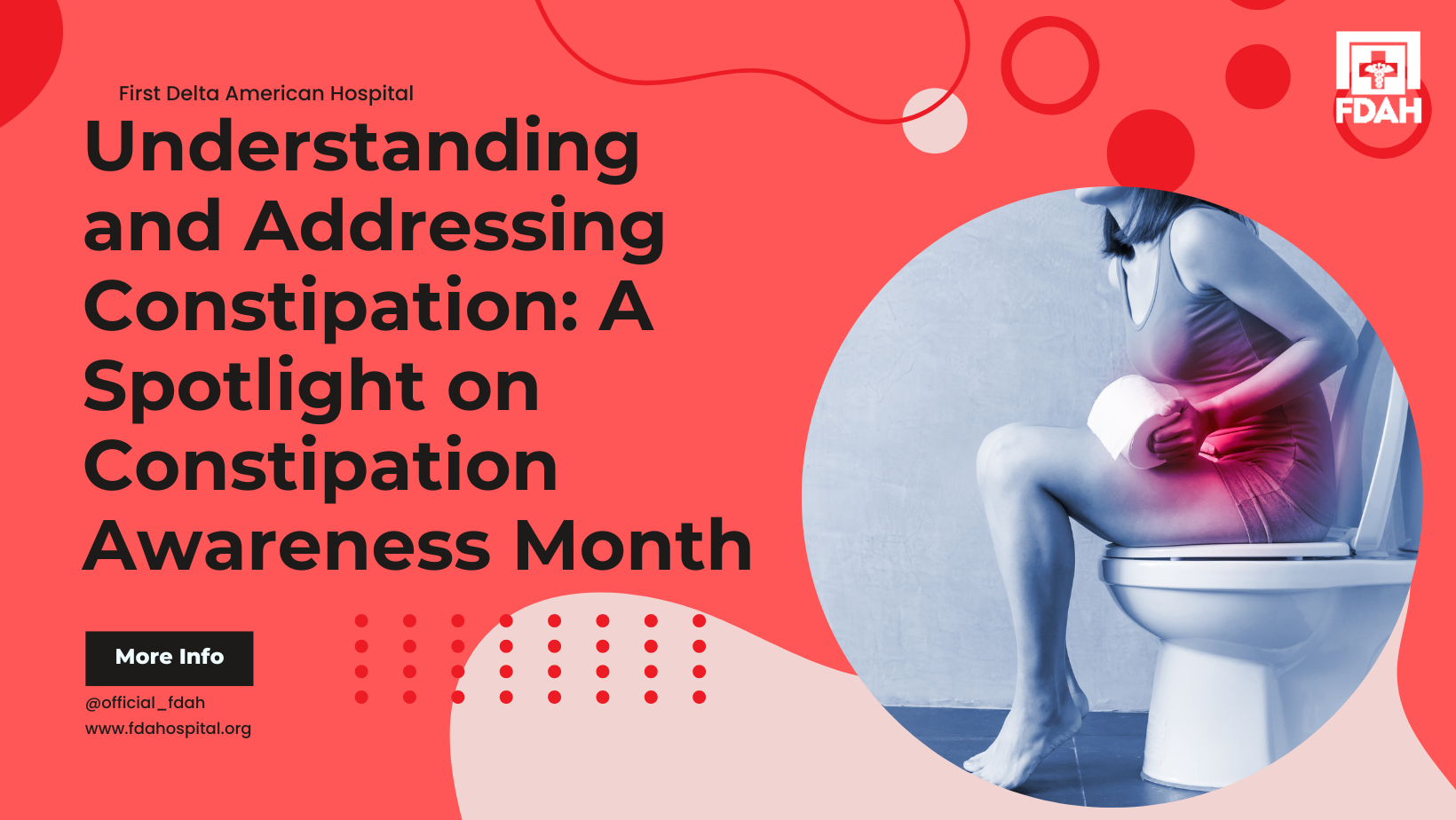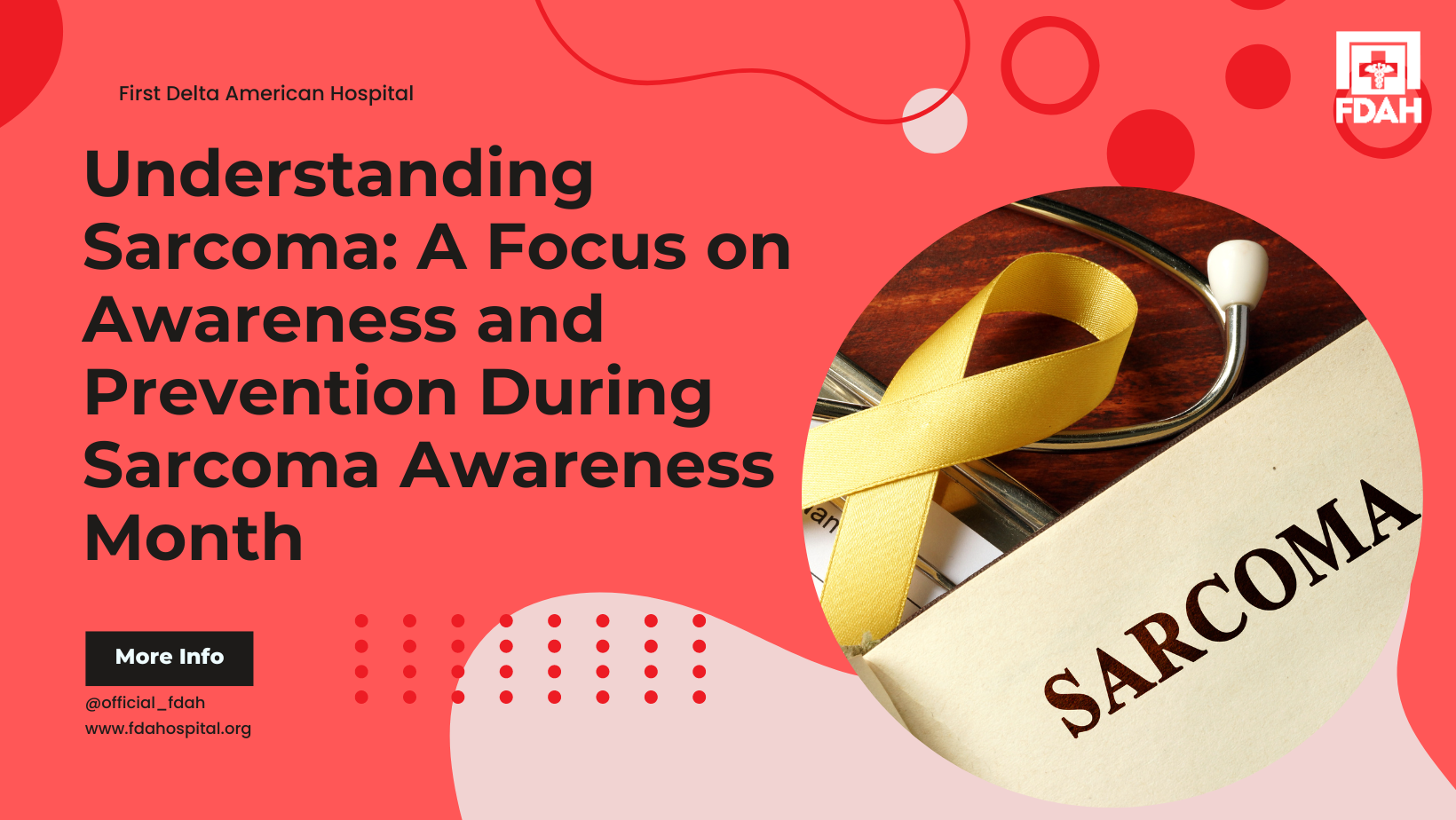Every January, the world unites to spotlight an important yet often overlooked health issue—cervical cancer. World Cervical Cancer Awareness Month serves as a reminder of the urgent need for prevention, early detection, and treatment of this life-altering disease. As one of the most preventable cancers, raising awareness about cervical cancer is not just essential; it can save lives. This article dives deep into what cervical cancer is, the history and purpose of World Cervical Cancer Awareness Month, and actionable steps for prevention and treatment.
Understanding Cervical Cancer
The cervix is the lower part of the uterus that connects to the vagina. Cervical cancer occurs when cells in the cervix grow abnormally and uncontrollably, often due to infection with certain types of human papillomavirus (HPV). While cervical cancer is most commonly caused by HPV, other risk factors include smoking, having a weakened immune system, and long-term use of oral contraceptives.
Cervical cancer typically develops slowly, beginning with precancerous changes in cervical cells. These changes, known as cervical dysplasia, can be detected early through routine screening tests like Pap smears or HPV tests. Left untreated, these abnormal cells may progress to invasive cervical cancer.
Symptoms of Cervical Cancer
In its early stages, cervical cancer may not present any symptoms, which underscores the importance of regular screening. As the disease progresses, symptoms may include:
- Unusual vaginal bleeding (e.g., after intercourse, between periods, or after menopause)
- Pelvic pain or pain during intercourse
- Watery, bloody vaginal discharge with a foul odor
- Fatigue, weight loss, and loss of appetite (in advanced stages)
The History Behind World Cervical Cancer Awareness Month
World Cervical Cancer Awareness Month was established to shed light on a disease that affects millions of women globally. The initiative aims to increase awareness about the importance of prevention and early detection, reduce stigma, and advocate for equitable access to healthcare services.
The month-long campaign aligns with efforts from organizations like the World Health Organization (WHO), which has prioritized the elimination of cervical cancer as a public health issue. In 2020, the WHO launched a global strategy to eliminate cervical cancer by:
- Ensuring 90% of girls are vaccinated against HPV by age 15.
- Screening 70% of women with a high-performance test by age 35, and again by age 45.
- Providing treatment for 90% of women with cervical disease.
By observing World Cervical Cancer Awareness Month, communities worldwide play a pivotal role in supporting these goals.
Goals of World Cervical Cancer Awareness Month
The primary objectives of this awareness month include:
1. Promoting HPV Vaccination
The HPV vaccine is highly effective in preventing infections with the types of HPV that most commonly cause cervical cancer. Administered to preteens and young adults, this vaccine has the potential to significantly reduce the prevalence of the disease.
2. Encouraging Regular Screening
Screening tests like Pap smears and HPV tests are critical for early detection. These tests can identify abnormal cells before they turn cancerous, allowing for timely intervention.
3. Spreading Awareness
Awareness campaigns educate communities about the risk factors, symptoms, and preventive measures for cervical cancer. Knowledge empowers women to take control of their health and seek necessary medical care.
4. Reducing Stigma
Cervical cancer is often associated with stigma, particularly in regions with limited access to education and healthcare. Awareness efforts aim to normalize discussions about reproductive health, encouraging women to seek help without fear or shame.
5. Advocating for Equitable Healthcare Access
World Cervical Cancer Awareness Month emphasizes the need for affordable and accessible healthcare services, especially in low- and middle-income countries where the burden of cervical cancer is highest.
Tips for Preventing Cervical Cancer
1. Get Vaccinated Against HPV
The HPV vaccine is the cornerstone of cervical cancer prevention. It is most effective when administered before exposure to the virus, typically during adolescence.
2. Attend Regular Screenings
Routine Pap smears and HPV tests can detect abnormal changes in cervical cells early. Women should follow their healthcare provider’s recommendations for screening frequency.
3. Practice Safe Sex
Using condoms and limiting the number of sexual partners can reduce the risk of HPV infection.
4. Avoid Smoking
Smoking weakens the immune system and increases the risk of developing cervical cancer. Quitting smoking is a significant step toward better overall health.
5. Maintain a Healthy Lifestyle
A balanced diet rich in fruits and vegetables, regular exercise, and adequate sleep can strengthen the immune system and support overall well-being.
Treatment Options for Cervical Cancer
When cervical cancer is detected early, treatment is often effective. Common treatment options include:
1. Surgery
Surgical procedures, such as a hysterectomy, may be used to remove cancerous tissue.
2. Radiation Therapy
This treatment uses high-energy rays to target and destroy cancer cells.
3. Chemotherapy
Chemotherapy involves using drugs to kill cancer cells, often in combination with radiation therapy.
4. Targeted Therapy and Immunotherapy
These advanced treatments focus on targeting specific cancer cells or boosting the immune system to fight cancer.
The Role of Advocacy and Community Support
Advocacy groups, healthcare organizations, and community leaders play a crucial role in promoting cervical cancer awareness. By organizing educational workshops, free screening events, and vaccination drives, these stakeholders help bridge gaps in knowledge and access to care.
Social media campaigns also amplify the message, reaching diverse audiences and encouraging open conversations about cervical health. Sharing personal stories, infographics, and survivor testimonies can inspire action and foster a sense of community.
Join the Fight Against Cervical Cancer
World Cervical Cancer Awareness Month is a time to come together and make a difference. By prioritizing prevention, spreading awareness, and supporting equitable healthcare access, we can move closer to eliminating cervical cancer.
Take charge of your health today. Schedule a screening, get vaccinated, and encourage your loved ones to do the same. Together, we can create a future free of cervical cancer.
Visit First Delta American Hospital for comprehensive cervical cancer care and prevention. Our expert team is here to guide you every step of the way. Share this article to spread awareness and empower women everywhere.



